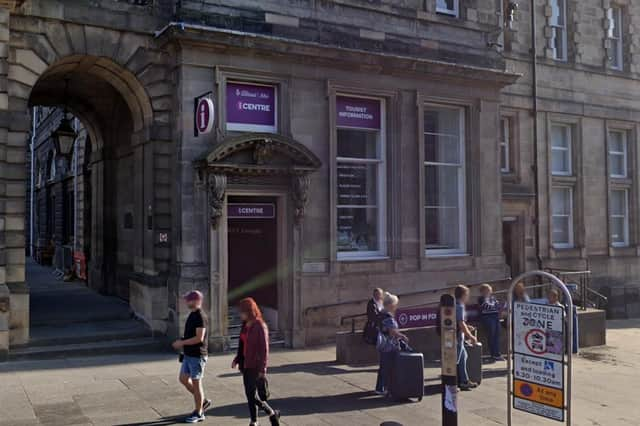All tourist information centres to close as agency goes completely digital


The tourism authority has said the plans, which will be implemented over the next two years, are “designed to grow the visitor economy by influencing visitors in the planning stage of their trip, before they leave home.”
It follows significant changes to the way people plan their holidays with most using online resources and travel specialists to research and book all aspects of their trips. This includes arranging accommodation and activities before they arrive at their destinations.
Advertisement
Hide AdAdvertisement
Hide AdAll information centres – known as iCentres - will operate as usual until the end of September. VisitScotland is currently engaging with stakeholders to discuss local arrangements.
A total of 170 staff will be affected – 120 permanent workers and 50 seasonal employees. VisitScotland said there will be no compulsory redundancies and staff have been offered a range of options including reskilling, redeployment and voluntary redundancy.
The organisation said the move followed significant changes to the way people plan their holidays with most using online resources and travel specialists to research and book all aspects of their trips. This includes arranging accommodation and activities before they arrive at their destination.
TikTok, YouTube, online travel websites and tools like AI are among the ways people now find and plan holiday experiences, it added.
Advertisement
Hide AdAdvertisement
Hide AdLord Thurso, VisitScotland chairman, said: “The tourism landscape has changed significantly in recent years. The demand for iCentres has reduced while the demand for online information and booking has continued to grow. In order to continue building demand and growing the value of tourism and events, it is vitally important that we target channels we know visitors use to influence them to visit Scotland.
“Our research shows that as an organisation, we have a greater and more impactful role to play in providing information before visitors travel. Prioritising a digital-first model of information provision allows us to reach potential visitors at those early planning stages when we can shape their future travel decisions."